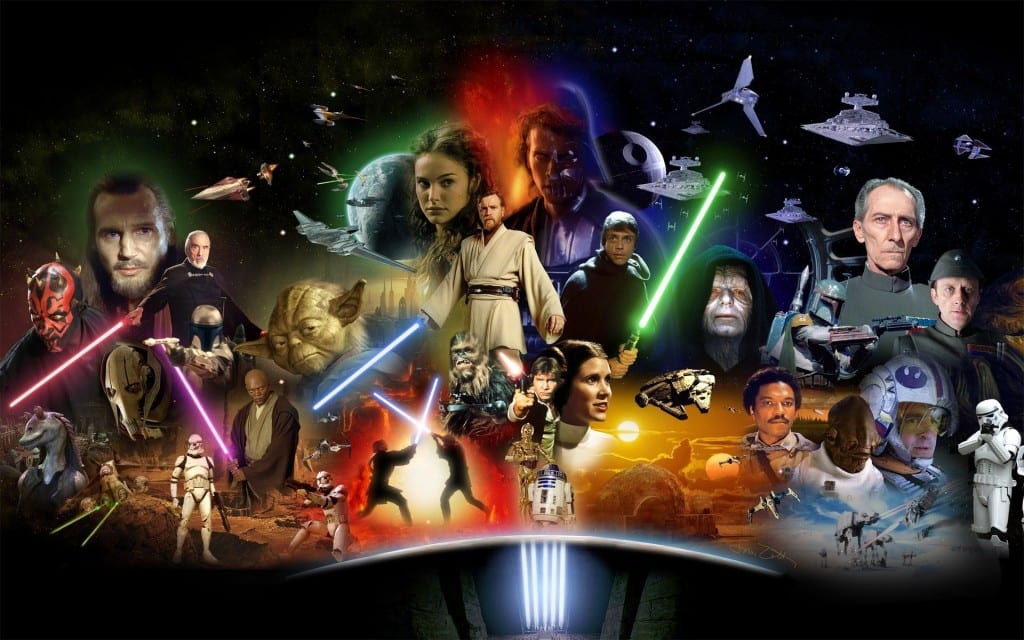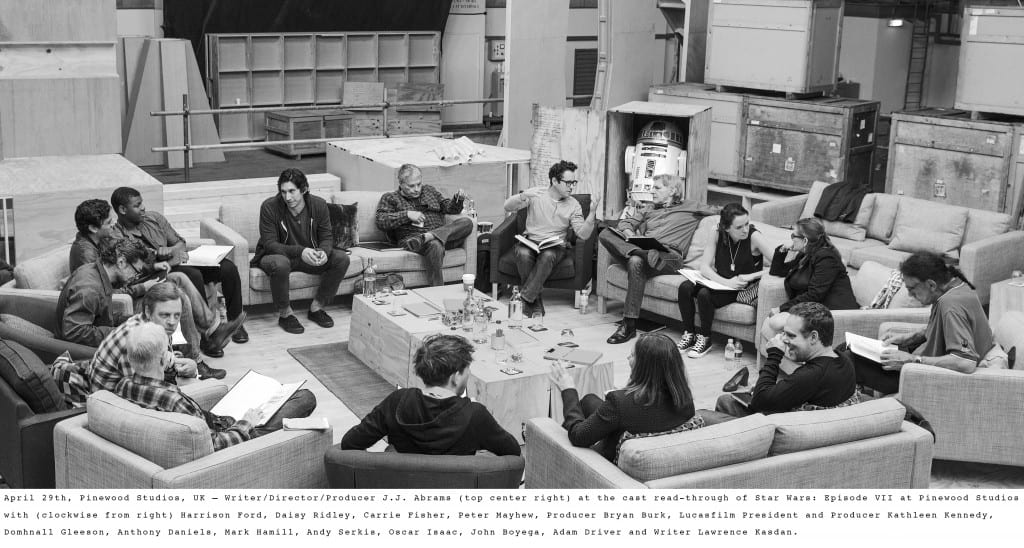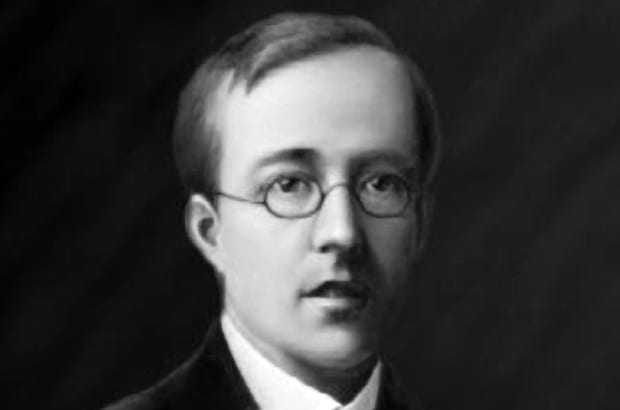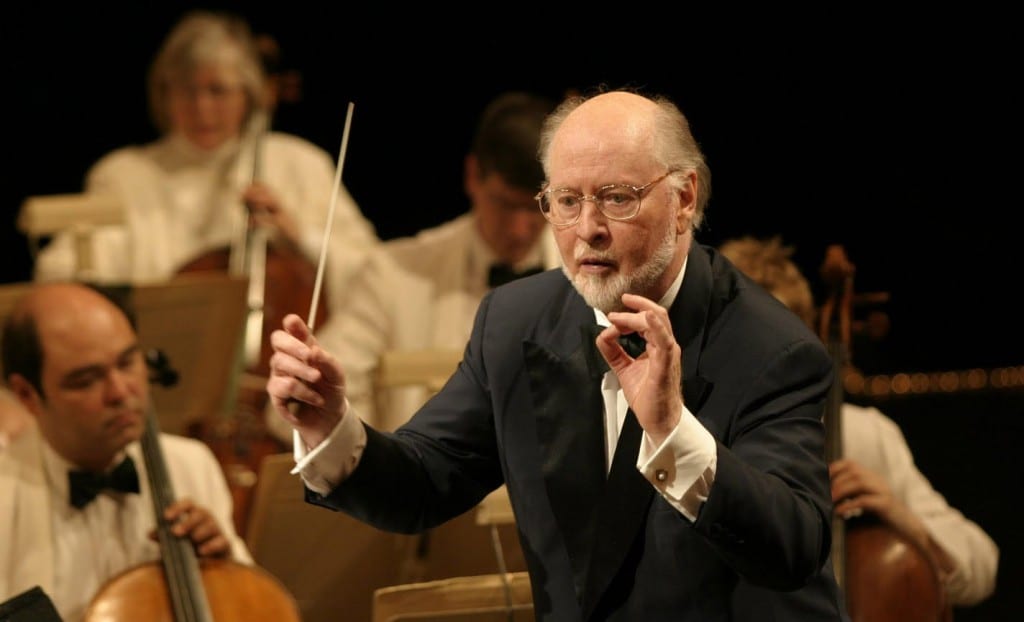We’ve been waiting for so long – it really does feel like forever. But now, after internet speculation a-plenty, Lucasfilm has blessed us with the gift to beat all gifts. Ladies and gentlemen, the cast list of J.J. Abrams‘ Star Wars: Episode VII.
Here’s the full statement:
The Star Wars team is thrilled to announce the cast of Star Wars: Episode VII.
Actors John Boyega, Daisy Ridley, Adam Driver, Oscar Isaac, Andy Serkis, Domhnall Gleeson, and Max von Sydow will join the original stars of the saga, Harrison Ford,Carrie Fisher, Mark Hamill, Anthony Daniels, Peter Mayhew, and Kenny Baker in the new film.
Here’s a statement from J.J. Abrams himself –
“We are so excited to finally share the cast of Star Wars: Episode VII. It is both thrilling and surreal to watch the beloved original cast and these brilliant new performers come together to bring this world to life, once again. We start shooting in a couple of weeks, and everyone is doing their best to make the fans proud.”
Star Wars: Episode VII is being directed by J.J. Abrams from a screenplay by Lawrence Kasdan and Abrams. Kathleen Kennedy, J.J. Abrams, and Bryan Burk are producing, and John Williams returns as the composer. The movie opens worldwide on December 18, 2015.
So what do you think? Some expected names here (thank you, gods of Star Wars), but also some surprises. Andy Serkis? Oh yes please. This announcement has left this Star Wars nut very happy, but what do you guys think? Hit up the comments below!






